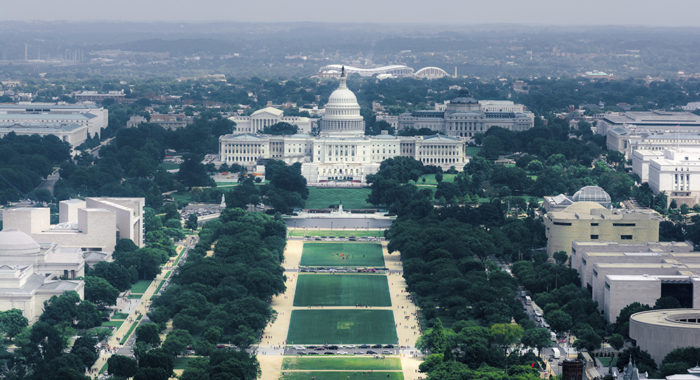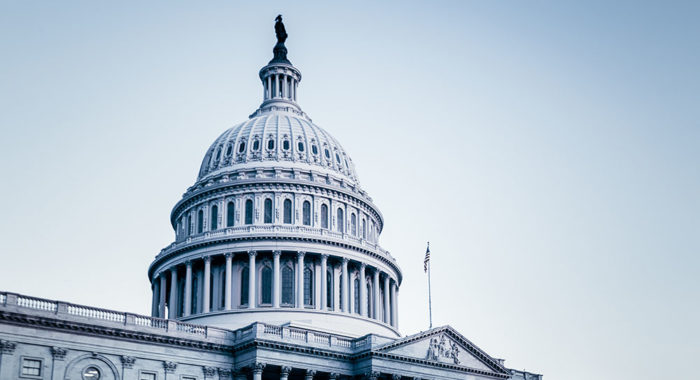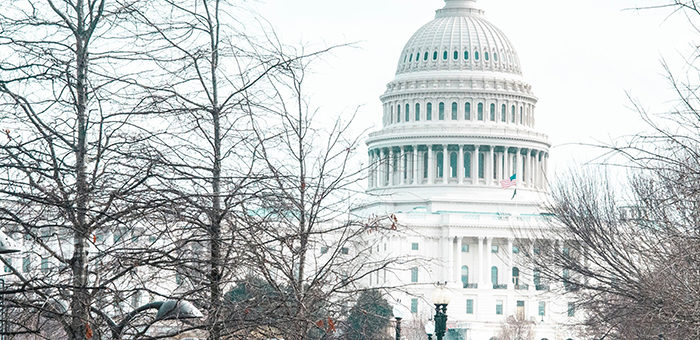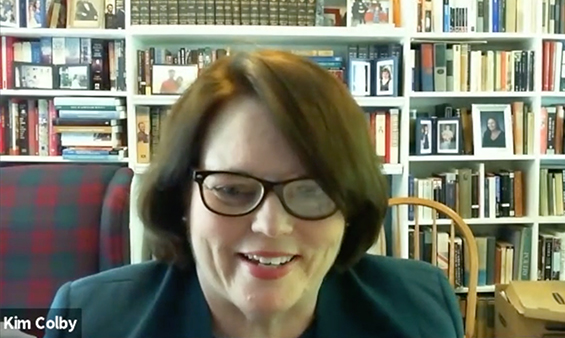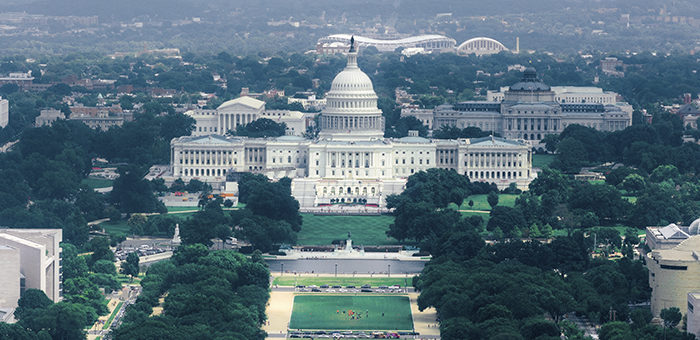The National Association of Evangelicals filed official comments regarding the Advanced Notice of Proposed Rulemaking (ANPR) and protection for religious organizations.
The National Association of Evangelicals, representing 40 denominations with approximately 45,000 congregations, as well as schools, missions, humanitarian organizations and other groups with a constituency of millions, submits these comments in response to the Advanced Notice of Proposed Rulemaking (ANPR). While the ANPR asks various questions about the feasibility of implementing accommodations for religious organizations that are not deemed religious enough to qualify for exemption from the regulations, we believe that a more fundamental question must first be addressed: what federal purpose is so compelling as to justify the denial of religious freedom to organizations that are, by the ANPR’s own admission, clearly religious?
Religious freedom is guaranteed by the first amendment to the constitution, as well as by the Religious Freedom Restoration Act (RFRA), and numerous court decisions, most recently the Hosanna Tabor case. RFRA requires that where religious freedom and governmental purposes come into conflict, government must use the least restrictive means to pursue its goals. The rule requires religious organizations to provide, with their own funds, insurance policies that in turn provide employees and their dependents with access to objectionable products and services. The proposed workaround solutions purporting to distance religious organizations from these violations of their beliefs are unconvincing. Whatever administrative mechanism is used, the products and services are only available to those that the employer insures.
It is not acceptable to create in federal law two classes of religious organizations: churches, which are considered religious enough to receive an exemption; and faith-based service organizations, which are not afforded the same exemption but only a lesser “accommodation.” Even the best designed accommodation cannot overcome the grave flaw of writing into federal law a view of religious organizations that is flawed by treating worship of God as religiously more important than service to neighbors as commanded by God.
The harm of creating two classes of religious organizations in federal law is not overcome by stating that no precedent is intended nor by denying any implication that faith-based services are less sincere or more secular. The harm has already been done by putting into the federal regulations the narrow exemption and by promising only a lesser “accommodation” for faith-based service organizations. The nature of the “accommodation” is unacceptable. The promise was that religious organizations can buy health insurance that does not cover objectionable contraceptive procedures and drugs, while the insurer will offer those same procedures and drugs for free to the objecting religious organization’s employees who desire them. There are multiple flaws: (a) The ANPRM states that the insurer will automatically give the contraceptives/abortifacients coverage to the employees, whether or not they desire it (p. 16505). (b) Those employees will gain contraceptives coverage by virtue of the fact that their employer provides health insurance-this is a simple cause and effect. (c) The contraceptives will have to be paid for in some way-how else than through the employer premiums? (d) Notwithstanding the “accommodation,” a religious employer with a religious objection to the mandated contraceptives is prevented from offering what it desires: employee health insurance that provides positive coverage without including religiously objectionable drugs and procedures.
Although employees who share their employer’s concern about contraception are free not to seek those services, this rule gives them no role in approving or even being informed about contraception access by their minor children. At a minimum, parents should be able to decide what contraception services are provided to the minor children who are in their care.
The rule creates a two-tier system in which organizations that are inwardly focused on serving themselves are exempt, whereas those that reach out beyond their own membership are only accommodated. There are also entanglement problems with this shrunk-down definition of religious employer. For example, what percentage of co-religionists is necessary to meet the definition’s requirement that a religious employer “primarily” serve and employ only them? Is 80 percent needed, or will self-service and self-employment at 50.1 % suffice? Which federal official decides that the religious charity or school is religious enough such that its “purpose” is “inculcation,” what evidence is important in making this determination, and how will that evidence be sniffed out by our bureaucrats? This administrative probing and classifying may not be constitutional given that the separation of church and state prohibits government officials from making what are essentially religious determinations concerning the words and practices of a religious organization.
The ANPR asks whether religious insurance providers should be provided an accommodation. We would maintain that all religious groups should be exempted, not merely accommodated.
The ANPR also contains an intriguing reference to religiously affiliated institutions being covered by the exempt plans of religious organizations that qualify for the exemption. We would urge that this provision be clarified and applied as broadly as possible.
For the reasons outlined above we urge that the government revise the underlying rule to expand the exemption to cover all religious organizations.



 View All Updates
View All Updates 




